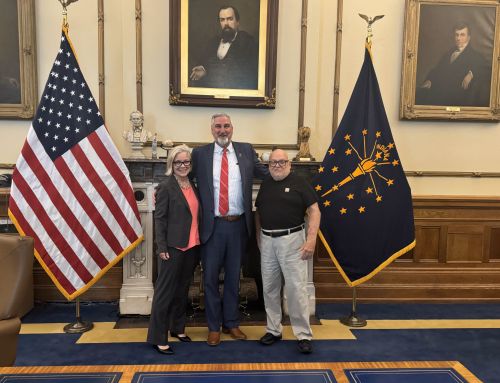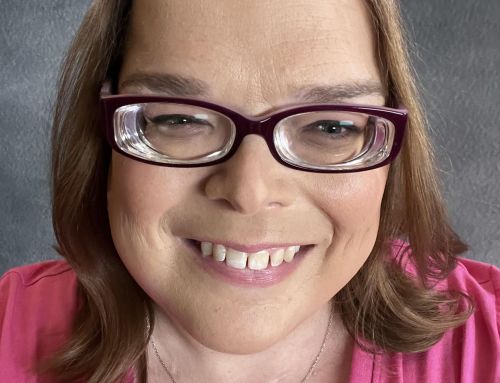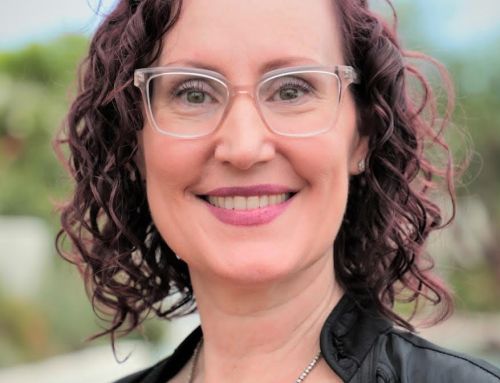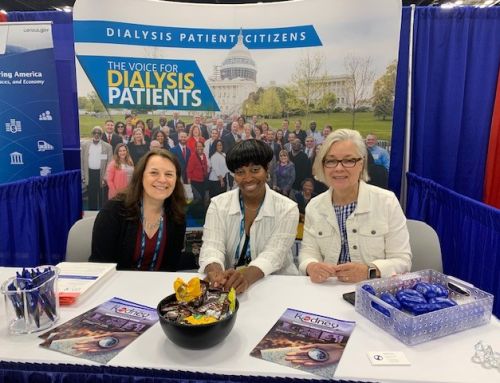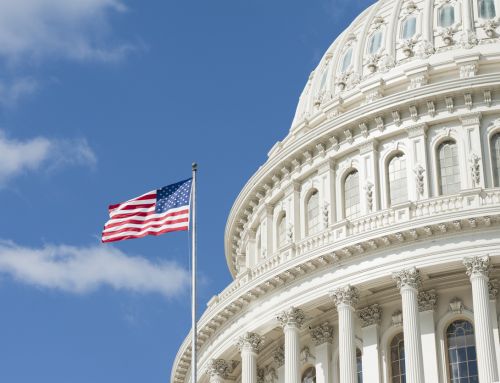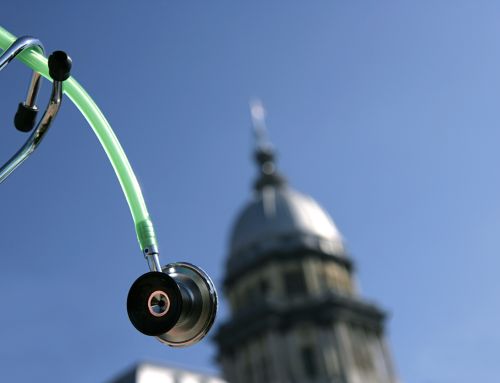The Dialysis De-Funding Campaign is sponsored by two labor unions that seek to represent workers at dialysis clinics. Rather than try to unionize dialysis facility employees through elections, they are trying to punish dialysis providers through policies that cost them financially in order to gain voluntary recognition. The three cutback proposals are likely to affect access to care by leading to facility closures, restricting access to private insurance, and decreasing services available from facilities.
The Dialysis De-Funding Campaign consists of three measures:
- Senate Bill 349: Regulates staffing and patient shifts at dialysis clinics. If requirements are not met because a worker calls in sick or to meet patient convenience, the facility can be fined up to $10,000. The intent of the bill is to force clinics to suspend treatments if a worker is absent or patients fall behind schedule. Read our letter>>
- Senate Bill 1156: Prevents the American Kidney Fund from assisting dialysis patients with premiums for private insurance. This bill would dramatically reduce the number of ESRD patients covered by private insurance. This eliminates the incentive of insurers to delay the onset of ESRD or to prepare patients for ESRD through education, pre-emptive transplants, or access site preparation. Read our letter>>
- Ballot Initiative: The ballot initiative caps revenues for dialysis providers and requires them to pay rebates to insurance companies if they exceed the cap. If passed, this initiative would take away critical funding essential for quality dialysis care.
About half of dialysis facilities—mostly smaller clinics or those in rural areas—do not get sufficient reimbursements from Medicare to operate “in the black.” This is because low-volume clinics have high fixed costs, making each treatment more costly. Reimbursements from commercial insurers make up the difference and are crucial to having clinics conveniently located for patients and for competition and choice among clinics. These dollars also help pay salaries high enough to attract and retain skilled employees at dialysis facilities.
In our experience, serious proposals to improve health care come from policy experts and academic researchers, not from special interests; they are introduced thoughtfully in medical or law journals, not in press conferences. Patient advocates were not consulted or involved in the formulation of these initiatives.





